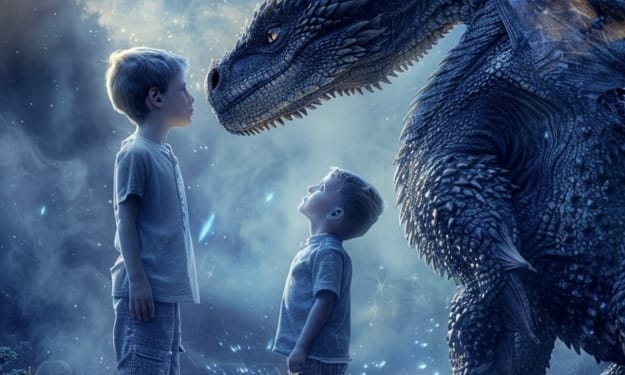Will humanity go extinct?
The 4 greatest threats to the survival of humanity

Russia noticed a nuclear missile approaching in January 1995. When another system contradicted the initial warning, the alert reached the president, who was considering whether to respond. A research rocket studying the Northern Lights was actually what they thought was the first missile in a massive attack. Despite the fact that it occurred after the Cold War ended, this was still one of the closest calls we've ever made to starting a global nuclear war. For the first time in human history, humanity was given the ability to destroy itself when the atomic bomb was created. From that point forward, our existential gamble — hazard of one or the other elimination or the unrecoverable breakdown of human development — has consistently expanded. We have the ability to lessen this risk, but first, we need to know which of our activities currently pose existential threats and which might in the future. Asteroid impacts, super volcanoes, and other natural disasters have all threatened our species over the past 2,000 centuries. Because we typically look at how frequently something has occurred in the past when trying to determine how likely it is, assessing existential risk is inherently uncertain. In any case, the total obliteration of humankind has never occurred. Experts estimate that our risk from natural threats is approximately one in 10,000 per century, despite the fact that there is no perfect method. Our first addition to that baseline was nuclear weapons. While nuclear weapons come with a number of risks, the existential threat comes from the possibility of a global nuclear war that causes a nuclear winter in which soot from burning cities blocks the sun for years and kills the crops on which humanity depends. Although we haven't yet experienced a nuclear war, our track record is too brief to determine whether they are intrinsically unlikely or merely a matter of luck. We also don't know for sure if a global nuclear war would result in a nuclear winter so severe that it would threaten humanity's existence. Climate change was the next significant addition to our existential risk. Climate change, like nuclear war, could bring about a lot of terrible things that we should try to avoid, but not enough to cause extinction or an unrecoverable collapse. We anticipate a warming of a few degrees Celsius, but we are unable to completely rule out a warming of six or even ten degrees, which would bring about a catastrophe of possibly unprecedented proportions. Even in the worst-case scenario, it is unclear whether climate change would directly threaten our existence; however, the disruption it would cause would likely make us more susceptible to other existential threats. Technologies that are still in their infancy may pose the greatest dangers. Consider artificial pandemics. Pandemics have caused the most devastating catastrophes in human history. Additionally, we are able to modify and create germs that may be significantly more lethal than those that are found naturally thanks to biotechnology. Through biowarfare and research accidents, these germs could spread and cause pandemics. The number of individuals and groups who have the potential to create such pathogens has also increased as a result of the decreased costs of genome sequencing and modification, as well as the increased availability of potentially hazardous information like the published genomes of deadly viruses. Unaligned AI is another concern. The majority of AI researchers believe that artificial intelligence will surpass human capabilities in every way by the end of this century. If we give up this advantage, the systems we create will control our future. If super intelligent AI isn't perfectly aligned with human values, which scientists are finding extremely difficult, it could pose an existential risk even if it was created solely with humanity's best interests in mind. Some experts think that the anthropogenic existential risk is more than 100 times higher than the natural risk rate. This is based on what we know at this point. However, human choices play a significant role in these odds. because humans are responsible for the majority of the risk and can control it. We can lessen this risk if we prioritize safeguarding humanity's future as the central issue of our time. We control whether humanity realizes its potential or not.
Click Here to learn Which is the best county to live in?






Comments
There are no comments for this story
Be the first to respond and start the conversation.